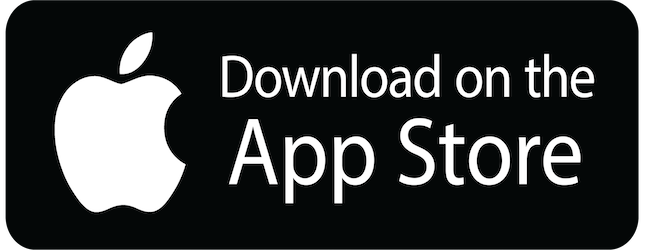15 ways to say "Goodbye" in English

English speakers like a lot of variety in their everyday language. We have lots of different expressions for saying simple things. Previous articles have covered lots of ways to say "Hello" and "Thank you." This article does the same for different ways to say "goodbye".
Formal goodbyes
- Goodbye.
"Goodbye" itself is actually one of the most formal ways to say goodbye to someone. Here are some situations in which "Goodbye" is appropriate:- You've broken up with your partner. You're sad about it. You think that you may never see this person again.
- You're angry with a family member. You say this as you slam the door or hang up the phone.
- Farewell.
This phrase is quite formal and very emotional-sounding. It also seems very final. It's the type of thing that two lovers in a movie might say if they're never going to see each other again. You probably won't use it often in daily life.
- Have a good day.
Say "Have a good day" (or "Have a nice day," "Have a good evening," or "Have a good night") to someone that you're not very close with, like a coworker that you don't know well, an employee, a customer, or a friend of a friend.
- Take care.
This phrase is still a little bit formal, but not quite as formal as "Have a good day." Use this when you're not going to see someone again for at least a week.
Casual goodbyes
Most of the time, we use one of these casual phrases when saying goodbye to someone in English.
- 'Bye!
"'Bye" is the most common way to say goodbye in English. You can say "'Bye" to anyone you know, from friends to coworkers to clients. It's common to say "'Bye" at the very end of a conversation, even after you've said some of the other phrases in this list. For example:
A: See you later.
B: OK, have a good one.
A: You too. 'Bye.
B: 'Bye.
- Bye bye!
Little children say "Bye bye", and adults say it when speaking to children. When adults use "Bye bye" with each other, it can either sound childish or sometimes flirtatious.
- Later!
"Later!" is a cool, casual way to say goodbye. Men often use "Later!" when speaking with each other. You often follow "Later!" with something like "man", "bro", "dude", or "dear".
Later, man.
- See you later. / Talk to you later.
"See you later is not quite as casual as "Later!". You can use it with almost anyone. You say "See you later" when you're saying goodbye to someone in person. When you're talking to someone on the phone, you can say "Talk to you later" instead.
- Have a good one.
"Have a good one" means "Have a good day" or "Have a good week." You sound relaxed and friendly when you use it. However, there are people who get annoyed by it because they think that "Have a good day" is better.
- So long.
"So long" isn't very common for actually saying "goodbye" to someone, but you may find it sometimes in news headlines and other places.
- All right then.
This isn't a very common phrase, but some people in the Southern part of the U.S. use it. It's very casual, relaxed, and colloquial.
Slang goodbyes
- Catch you later.
This is a variation on "See you later" that you might use if you want to seem super-casual. You might imagine a surfer using this phrase.
- Peace! / Peace out.
"Peace!" as a way to say goodbye comes from hip-hop music and culture. It sounds very casual. "Peace out" is the same but it was popular in the early 1990s. Today it sounds very dated.
- I'm out!
"I'm out!" is also connected with hip-hop. It's something that you can say when you're glad to be leaving. For example, you might say "I'm out!" to your coworkers as you're leaving your part time job for the day.
- Smell you later.
This is a silly variation on "Catch you later". It's the kind of thing that a silly uncle might say to his neices and nephews.
Bonus: Foreign-language goodbyes
These goodbyes come from other languages, but are often used by English speakers.
- Adios.
The Spanish word "Adios" is a way that English speakers casually say goodbye to friends. Sometimes we combine it with the Spanish word for "friends":
Adios, amigos!
- Ciao!
"Ciao" is from Italian. When English speakers say goodbye this way, it sounds stylish and sophisticated.
- Au revoir.
The French phrase "Au revoir" sounds romantic to English speakers. English speakers sometimes use it jokingly. For example, if you're leaving after hanging out with your friends, you can pretend that you're really sad to be leaving by making a sad face and saying "Au revoir!"
- Sayonara!
In English, the Japanese word "sayonara" is sometimes associated with action movies. You might see an action hero say "Sayonara, suckers!" before pushing a button to blow up the bad guys, for example. In everyday life, you can use "Sayonara" to say goodbye to someone that you don't expect to see again.
For more ideas about how to say goodbye, check out the "Goodbye" category page.
Print this List




